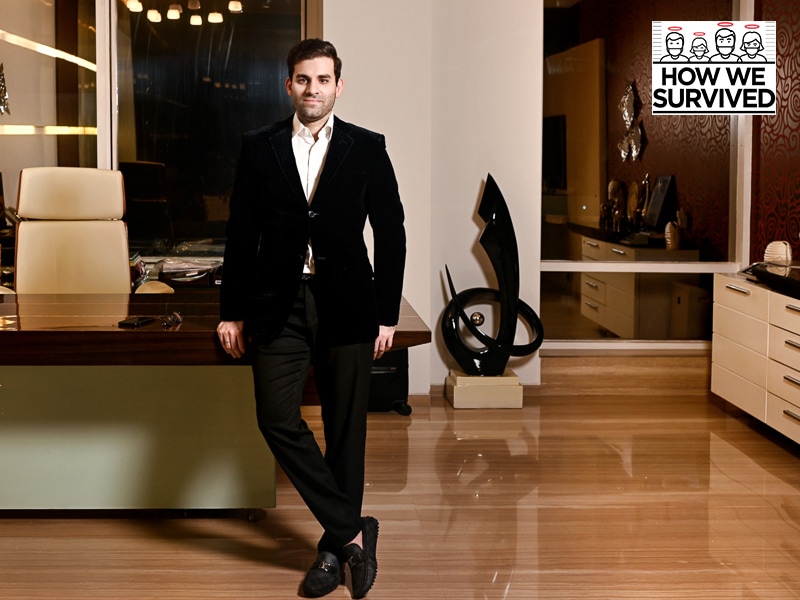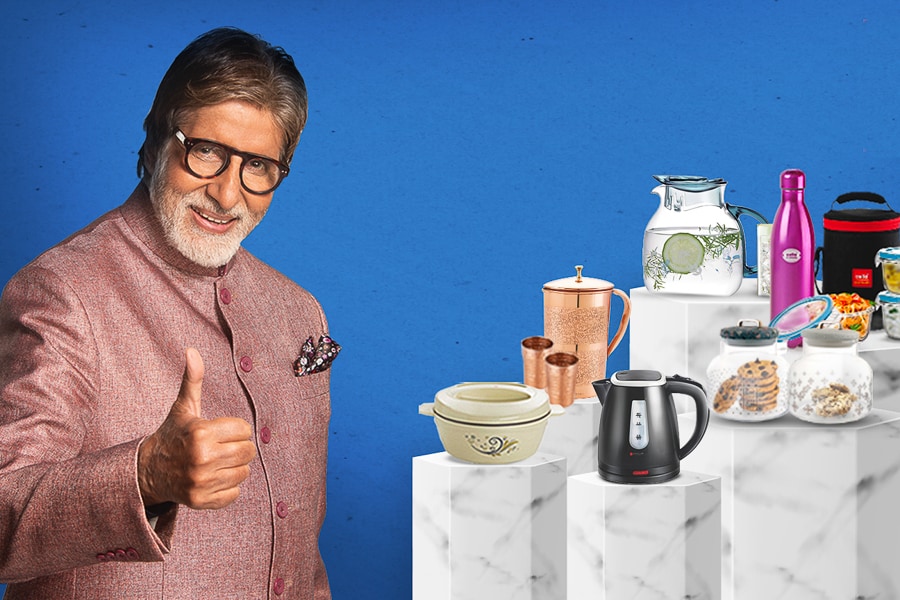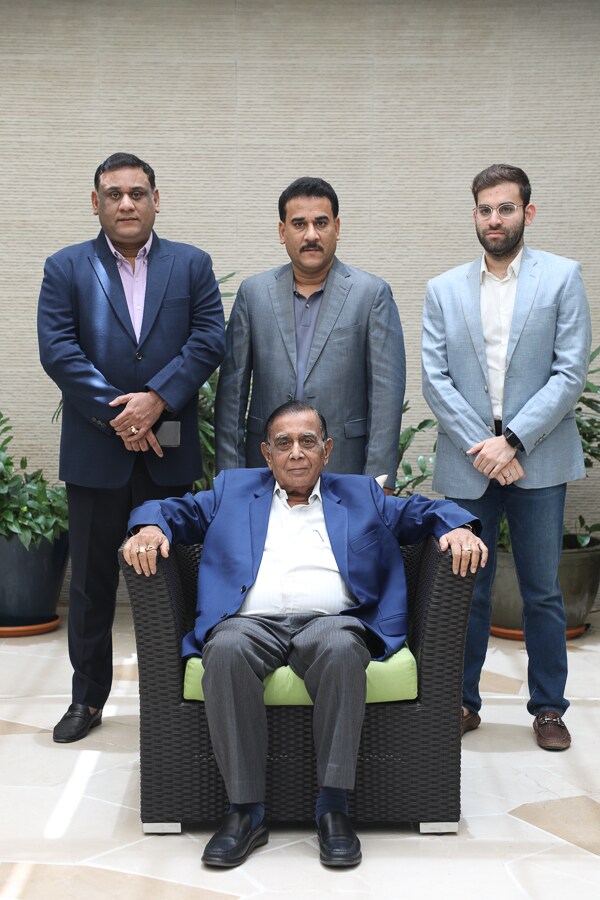
Cello: Back after a lunch break
How Cello Group, one of the biggest plastic and glassware makers in India, rode the crisis on the back of their diverse portfolio
 Gaurav Rathod, Director, Cello Group
Gaurav Rathod, Director, Cello Group
Gaurav Rathod went on a lunch break last March. He doesn’t remember the last time he took so long to finish his tiffin. He was not alone, though. Post-lockdown, the entire nation took an unusual break. Schools got closed, offices shut down, and everything came to a screeching halt. “Everybody stopped carrying tiffin boxes,” recalls Rathod, director of Cello Group. Even water bottles and steel flasks disappeared from the view. “Hydration—water bottles, and flasks of all kinds—is our biggest revenue churner,” adds the third-generation entrepreneur who joined the family business seven years ago. A prolonged shutdown of schools, colleges and offices only meant one thing for the group which had an overwhelmingly strong offline presence across 50,000 retail network and 600 outlets: Massive trouble.
Back in 2013—the year Rathod joined the family business—there was apparently trouble of another kind. Cello Group had spread itself wide: From plastic and steel houseware to writing instruments, moulded furniture, and bubble guard sheets. The young entrepreneur carried ahead the legacy of the company, which started in 1967 by making PVC footwear and bangles. Rathod started kitchen appliances in his debut year. Four years later, he ventured into the glassware business. Though by 2017 the company had exited the pen business, to an outsider, the group looked confusing: Too many products, categories and divisions. To Rathod, though, it always made sense to have a diversified presence. After all, Cello, he underlines, is perceived as a homeware and household brand. So one has to be present across materials and segments. “Everything had perfect synergy,” he adds. Cello went on to add air coolers and cleaning products over the last few years.
Cut to January 2021. Schools and colleges are still closed. Offices are yet to be back to normal. Yet Cello’s lunch break is over. Reason: A deep presence in other categories helped it tide the crisis. “We were never a plastic brand or a steel brand,” says Rathod. “Being a household brand helped,” he says, adding that the business is back to 70 percent of pre-Covid levels. If bottles, tiffin and flasks struggled, then opalware (dinner sets) and cleaning segment came to the rescue. “Cleaning grew five times for us. This is fantastic,” he says. Cello group, he claims, closed the March-ended fiscal 2019-20 at a revenue of Rs 1,500 crore, a tad more than the last fiscal when it clocked Rs 1,450 crore.
What the extended lockdown also meant was that people started taking a hard look at crockery. “Old was discarded, and new was bought,” he says. Storage containers, he underlines, too chipped in terms of sales. The rebound, clearly, would not have happened had the group not invested and carried on with the strategy of having a deep, wide and horizontal presence across household categories. “Imagine being confined to just a few categories. It would have been a disaster,” he says.
 Cello group signed Amitabh Bachchan as the brand ambassador in October 2020
Cello group signed Amitabh Bachchan as the brand ambassador in October 2020




 Cello Group. (Lto R) Pankaj Rathod, Pradeep Rathod, Gaurav Rathod. On the chair: Mr. Ghisulal Rathod
Cello Group. (Lto R) Pankaj Rathod, Pradeep Rathod, Gaurav Rathod. On the chair: Mr. Ghisulal Rathod




